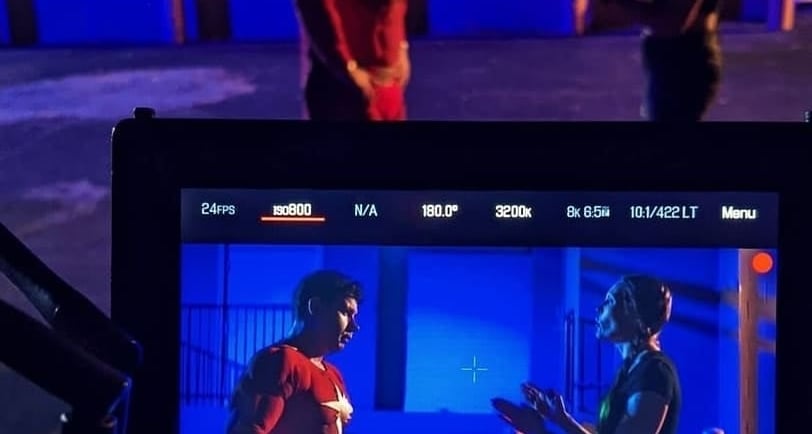The Hidden Trap of Gear Acquisition Syndrome (GAS) for New Filmmakers
Got GAS and didn't even know it
Jonathan Thompson
9/12/20252 min read


In the world of filmmaking, it’s easy to get caught in what many call Gear Acquisition Syndrome, or GAS. You know the feeling: you see the latest camera, lens, drone, or lighting kit, and suddenly it seems like the missing piece that will make your films perfect. For new filmmakers, this obsession can become more than a hobby—it can become a productivity killer.
GAS often convinces creators that better gear equals better films. The truth is, storytelling, creativity, and execution matter far more than the camera you’re shooting on. You can shoot a cinematic masterpiece on a smartphone if you understand composition, lighting, and pacing. Conversely, owning the most expensive gear in the world won’t save a weak story or poor planning.
For beginners, the trap of GAS can be particularly damaging. Time spent researching, saving for, or testing new equipment is time not spent writing, shooting, or editing. It creates an endless cycle of “I’ll start my project once I get this lens” or “my work won’t be good enough until I upgrade my rig.” Meanwhile, projects stagnate, skills plateau, and momentum slows.
The key to overcoming GAS is intentionality. Focus on the tools you actually need for your current projects, not the ones you dream of owning. Master the gear in your hands before moving on to the next shiny upgrade. Learn to prioritize workflow, efficiency, and storytelling above accumulation. In other words, let your creativity drive your choices, not the other way around.
Another important strategy is leveraging what’s already available. Renting equipment, borrowing from collaborators, or using affordable alternatives allows you to experiment without overspending or getting distracted. This approach encourages problem-solving and resourcefulness—skills far more valuable in the long run than owning every camera on the market.
Ultimately, GAS is less about gear and more about mindset. Treat your equipment as tools, not trophies. Stay focused on your craft, your vision, and your projects. By doing so, new filmmakers can avoid the trap of endless acquisition and actually create the work they’ve been dreaming of, all while growing their skills and reputation in the industry.
Because at the end of the day, great films aren’t made by the gear you own—they’re made by the stories you tell and the creativity you bring to the table.
Inspiration
Empowering creativity in entertainment and business.
Connect
Engage
Jonathan@JonathanThompson.org
© 2025. All rights reserved.